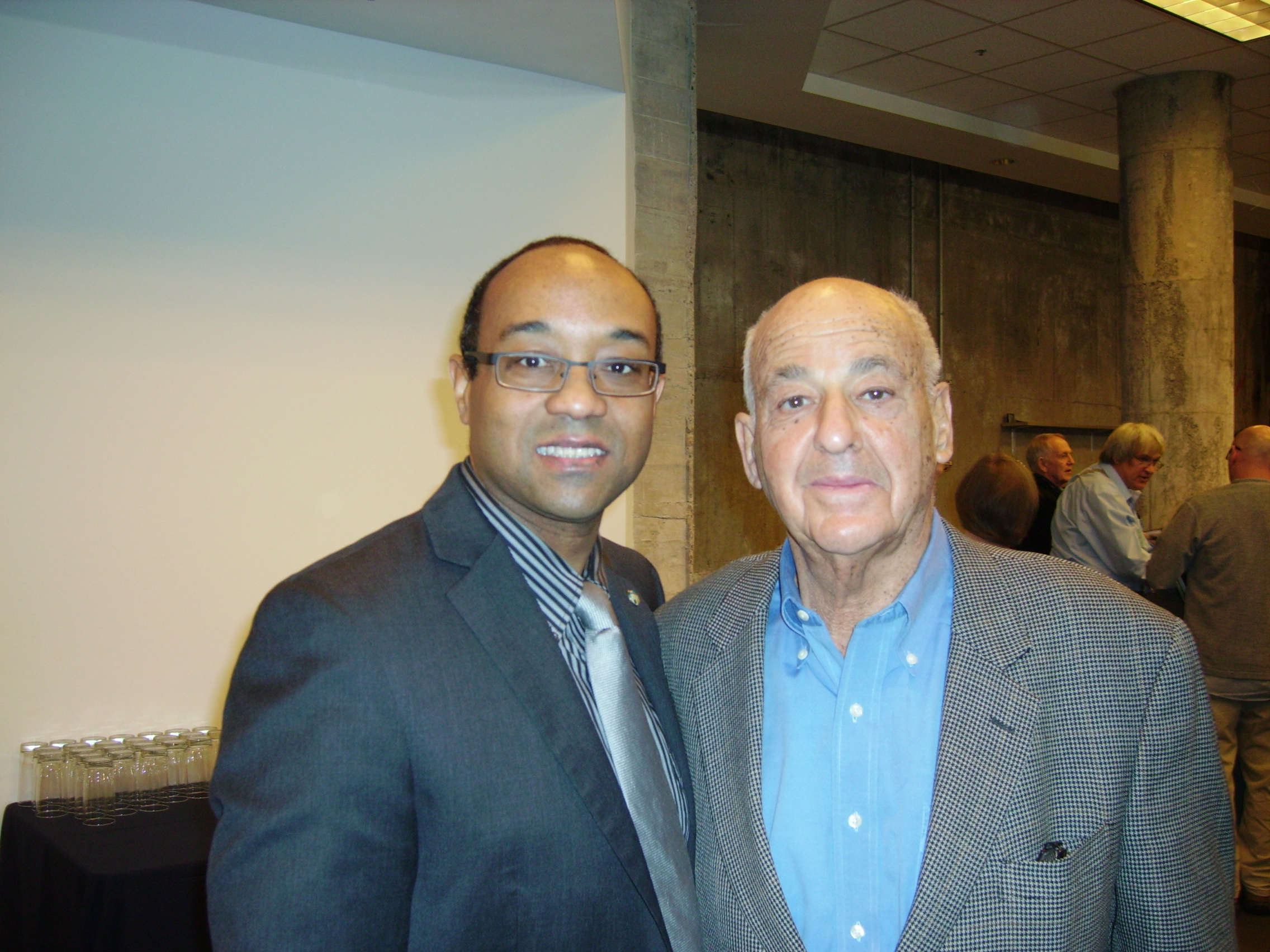JFK’s death brought ‘legacy of passion,’ UALR’s Montague says
A UALR associate professor of criminal justice recently returned from two separate speaking engagements at conferences recognizing the 50th anniversary of the assassination of President John F. Kennedy.
Kennedy was assassinated Nov. 22, 1963, in a presidential motorcade in Dallas.
Dr. David R. Montague, a former senior investigator for the United States JFK Assassination Records Review Board (ARRB), was invited to speak on the role of research at the 20th Annual Coalition on Political Assassinations, held Nov. 22-24 in Dallas.

Earlier in the month, Montague provided the keynote address at a symposium marking the 50th anniversary of JFK’s assassination, hosted by Los Angeles City College.
UALR recently granted Montague an off-campus duty assignment to produce a book on his role in completing the research as a member of the ARRB in the 1990s.
The working title is “The Eyes of the Investigator: Investigative research work as part of the United States JFK Assassination Records Review Board,” which should be available spring 2014.
Montague, who also serves as director of UALR Senior Justice Center, said the assassination of JFK is an important historical marker that helps Americans reflect upon and analyze their past.
“Since the assassination, there have been numerous issues within society which stem from the valuable work President Kennedy dared to address,” Montague said.
“His death brought a legacy of passion about the role and nature of our government and society as a whole. Thus, 50 years later, what many refer to as ‘the crime of the 20th Century, has served as a catalyst for many toward activism, education, compassion for others, and perpetual reexamination of our society.”
Montague earned a Ph.D. in political science at Howard University, a Master of Arts in Crime and Commerce at The George Washington University, and a bachelor’s degree in political science at Morehouse College.